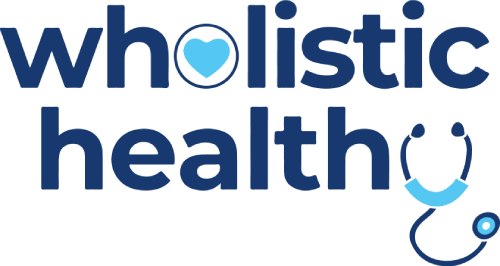Mood disorders and other mental health issues have far-reaching consequences for people and society at large. Mood disorders, if identified early, can be managed without developing into more dangerous health conditions. Unfortunately, many lack the knowledge to identify the signs of mood disorders in themselves and in the people around them.
According to the National Institute of Mental Health (NIMH), 21.4% of adults in the US have had a mood disorder in their lifetime. This is about one in every five people. It is also estimated that 45% of these people will face severe impairment.
Mood Disorders
Mood disorders, also known as affective disorders, are conditions that cause a person to experience extreme changes in mood.
People of all classes and ages experience mood disorders. Children, teenagers, and adults all experience mood disorders. However, the symptoms may exist in varying degrees in different people.
Mood disorders manifest in various ways in people. The most popular forms are extended periods of extreme sadness or happiness or rapid alternations between elation and abject sorrow.
Other forms of mood disorders are:
- Substance-induced depression
- Premenstrual mood disorder
- Seasonal affective disorder
- Disorders related to other health issues, and many more
- Bipolar disorder
Signs and Symptoms of Mood Disorders
Because mood disorders appear in different forms and types, the symptoms also vary. The signs a depressive person exhibits are very different from those of a manic.
However, since mood disorders are characterized by emotional inconsistencies, they can be easily detected by identifying any significant mood changes that affect a person’s normal functioning over some time.
Depressive Symptoms
The signs of depression include:
- A protracted feeling of sadness
- Lack of motivation and energy
- Lack of enthusiasm for anything
- Feeling sluggish
- Suicidal thoughts
- Feeling dejected and hopeless
- Loss of drive for things you once loved to do
- Difficulty concentrating on activities
- Insomnia
- Sleeping too much
- Loss of physical balance, e.g., drooping of shoulders
- Constant feeling of tiredness
- Overeating and loss of appetite
Manic Symptoms
Signs exhibited by manic or hypomanic people include:
- Extreme feelings of joy without a cause
- Irritability and restlessness
- Excessive eating
- Hyperactivity
- Exaggerated reaction to things and events
- A perpetually busy mind
- Fast speech
- Agitation
- Reckless behavior such as overspending or partying
- Insomnia
- Excessive drinking and drug abuse
Bipolar Symptoms
The signs of bipolar disorder are obvious rapid alternations between symptoms of depression and mania.
Some symptoms of bipolar disorder include:
- Distractibility
- Extreme and frequent mood swings
- Unhealthy sleeping habits
- Extreme irritability
- Highly emotional
- Inability to think clearly
- Inability to make proper judgments
When to Visit a Doctor
Your mental health is paramount, and you should not hesitate to seek help when you need it. If you observe any of the signs of mood disorders in yourself or others. If these have persisted for quite some time and you can’t seem to help yourself.
You only truly begin to seek help when you realize the need for it. Most people get worse because they fail to identify their need for help. Do not live in denial.
If you experience any of these symptoms, you should know that help is available.
Final Thoughts
Mood disorders are critical health issues and should be treated as such. Do not overlook a lingering feeling of frustration or tiredness.
Oftentimes, mood disorders are triggered by unpleasant occurrences that you might have experienced. You must address every underlying issue to avoid a recurrence. This process might not be a very delightful one, but it will help you become whole.
One in every five persons has had or will have mood disorders. Many may not be able to identify what is wrong with them, while some others may not know how to find help. The understanding of the signs and symptoms of mood disorders will not only help you achieve overall health but will also empower you to help others.

